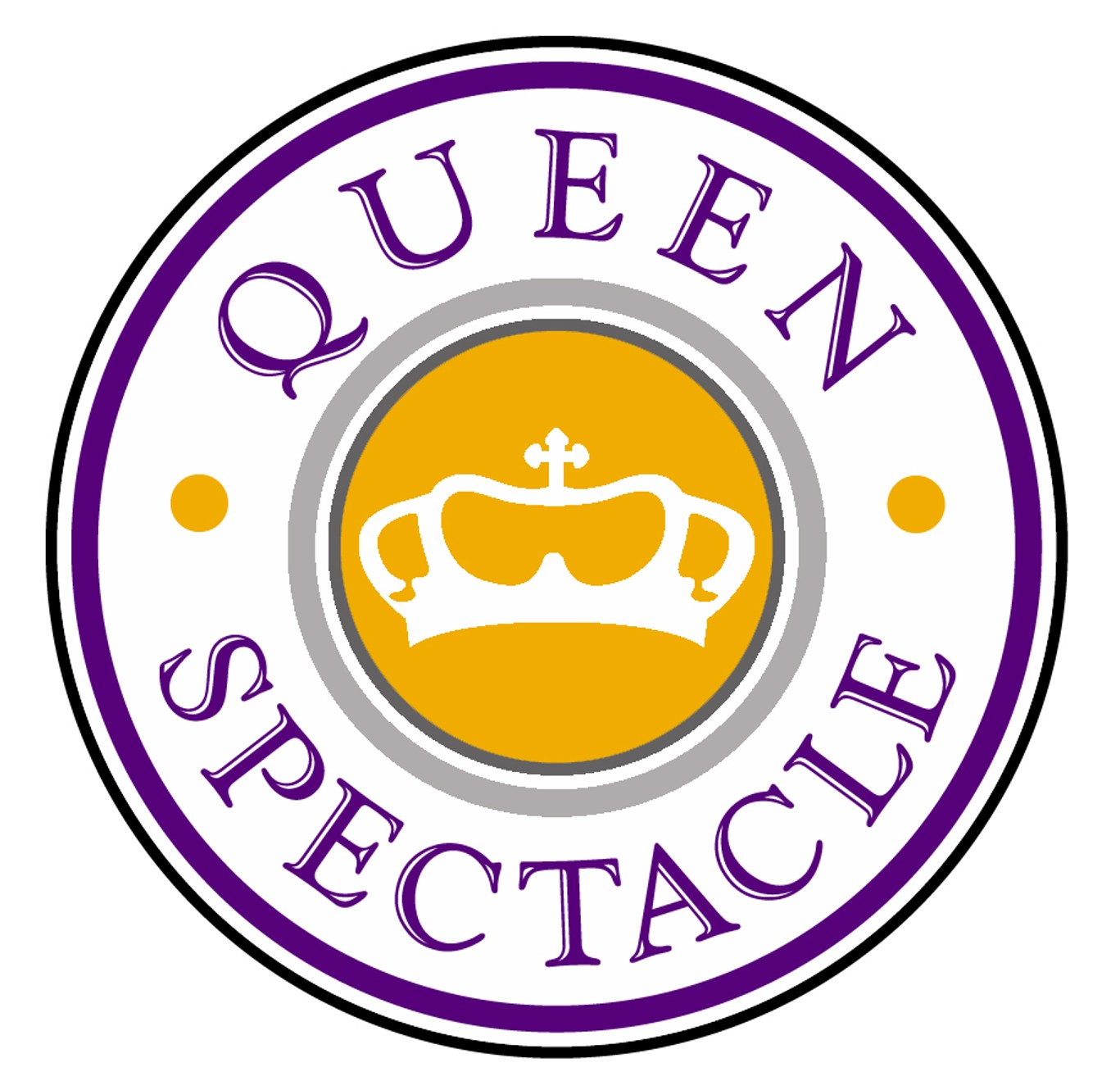
By: Dr. Marina Ceaus O.D. (Queen Spectacle)
It is back to school time already, a time that can be exciting for most kids. However, if your child is having difficulties staying on grade level, this can be a time full of anxiety and angst. We often forget that 80% of learning is visual. In the lower grades we are learning to read, while in the later grades we are reading to learn. Vision, therefore, is important in proper learning. If your child is struggling in school an eye exam with a Doctor of Optometry is critical to have.
Vision comprises of multiple aspects, seeing 20/20 is only one of them. The ability to see 20/20 indicates that the patient is able to read letters of a certain size from 20 feet away, it is in essence a measure of how clear our distance vision is. But reading requires much more than clear distance vision. In addition, we require the ability to focus our vision, to coordinate our eyes, to track properly, and our brain requires the ability to properly decode the information our eyes are seeing.
Accommodation is the ability to focus our eyes. Our ability to focus is our ability to make our vision clear at all distances. We must actively focus our vision for near. If this does not function properly and efficiently we are left with blurry vision for near.
Vergence is the ability to coordinate our eyes. This includes our ability to cross and uncross our eyes. When we look in the distance we uncross our eyes, when we look up close we cross our eyes. This ability prevents us from seeing double, and allows us to see in 3D.
Tracking is the ability to move our eyes together from one specific spot to the next. This is critical for reading, we track in a certain manner for quick and efficient reading. Tracking difficulties lead to our eyes jumping from one line to the next, missing words or rereading words or lines we have already read.
Visual information processing is the ability for our brain to decode what we see. This requires us to be able to discriminate between objects that are alike, our ability to organize information, our ability to recognize letters without reversing them and so much more.
Children with deficits in the above areas can experience any of the following symptoms: headaches, blurry vision, loss of place reading, using their finger to help them read, skipping or rereading lines or words, poor reading comprehension, poor handwriting, avoidance of near work, longer time to complete homework, short attention span with near work and reversing their letters. A lot of times children don’t know any different, and do not complain of any of these symptoms, but rather fall behind in school.
About 1 in 10 children has a visual disorder that affects learning. These can be remedied with glasses, or with vision therapy. A full binocular vision assessment done by a Doctor of Optometry allows us to check all of the above aspects and compare them to age-related norms to see if your child is suffering from a visual learning disorder. Testing for an individualized educational plan (IEP) does not encompass testing for the above condition. If your child is struggling in school make sure to bring them in for an assessment today.
Dr. Marina Ceaus is an Optometrist practising in Streetsville. She sees children starting at 6 months of age and is a big advocate of children’s eye exams. She also provides vision therapy to patients with eye turns, tracking difficulties, and visual processing disorders. You can book an appointment with her through her website www.drceausoptometry.com.
